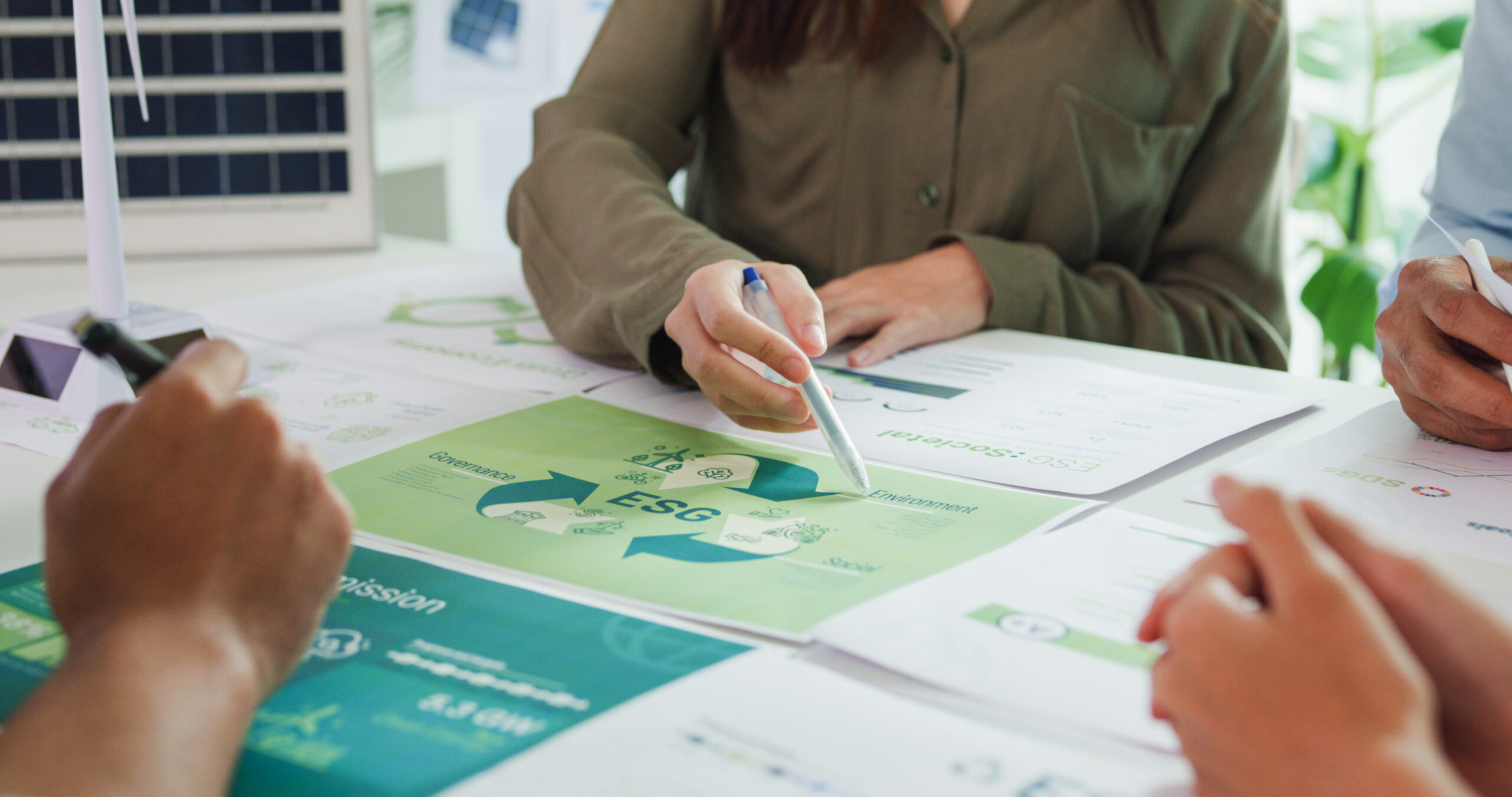Travel has always been a part of my life—but not in the way most people think of it. I haven’t been one to hop on a plane just to chase sunsets or take selfies in front of monuments. My travel has revolved around work—visiting waste facilities, meeting with municipal leaders, speaking at conferences, and helping communities across the globe improve their systems.
Over the years, I’ve had the privilege of working in countries near and far. Each place has left an impression—not just professionally, but personally. Through my travels, I’ve come to believe that purposeful travel doesn’t just broaden your perspective; it deepens your empathy, sharpens your judgment, and reminds you why the work matters.
Waste Looks Different Everywhere, but the Challenge Is the Same
One of the first things I noticed traveling for work is how different waste looks in different parts of the world. In wealthier countries, landfills are engineered with high-tech liners, methane gas and leachate collection systems, and strict regulations. In developing regions, I’ve seen open dumps—smoldering piles of trash where people live and work amid the fumes. It’s sobering, and it stays with you.
But no matter where I go, the core challenge is the same: how do we protect people and the planet while managing the unavoidable byproducts of modern life? Every community, whether big or small, urban or rural, has to figure out how to deal with its waste. And every solution must be tailored to the cultural, economic, and environmental context of that place.
That has taught me humility. It’s easy to think you have all the answers until you realize the problem looks different on the ground. Listening—really listening—to local voices is essential.
People Want the Same Things
One of the most encouraging things I’ve learned in my travels is that people, regardless of where they live, want the same fundamental things: clean air, safe water, healthy families, and a better future for their children. That’s true whether I’m in a major U.S. city, a coastal town in East Africa, or a small country in Latin America.
Waste management isn’t just about trash—it’s about dignity. It’s about ensuring that people don’t have to live with polluted rivers or disease from unmanaged waste. It’s about equity, opportunity, and public health. When you look at it through that lens, the work becomes deeply personal.
Innovation Comes from Unexpected Places
When we think of innovation, we often picture Silicon Valley or well-funded research labs. But I’ve seen some of the most impressive ingenuity in places with the fewest resources. In one community, locals were turning discarded plastic bags into construction bricks. In another, entrepreneurs were using organic waste to produce cooking fuel and reduce deforestation.
These aren’t just clever ideas—they’re life-changing solutions. They’ve taught me to never underestimate the power of community knowledge and creativity. Sometimes, necessity really is the mother of invention. And those on the front lines of environmental issues often come up with the most sustainable, practical solutions.
The Planet Feels Smaller—And More Fragile
Working internationally has shown me how interconnected everything is. A waste crisis in one country can lead to plastic pollution on another country’s beach. Poor air quality in one region contributes to climate change that affects us all. The borders we draw on maps don’t apply to the air we breathe or the oceans we share.
That reality has made me more aware of the fragility of our planet—and more committed to protecting it. It’s also reminded me that the decisions we make in our own communities ripple outward. If we waste less, recycle more, and educate others, we’re not just helping our city. We’re contributing to a global solution.
Building Relationships Is Just as Important as Building Systems
One of the biggest takeaways from my global work is that relationships are everything. You can design the best waste management plan in the world, but if you don’t have trust, buy-in, and collaboration, it won’t last.
In every country, I’ve learned that showing respect, being patient, and making room for local leadership leads to better outcomes. You can’t impose solutions—you have to build them together. And sometimes, the most valuable thing you bring to the table isn’t your expertise, but your willingness to listen, adapt, and support.
Gratitude and Perspective
Traveling for work has given me a deep sense of gratitude. I’ve seen what it looks like when people live without basic sanitation, and it makes me appreciate the systems we often take for granted. It’s also made me more determined to improve those systems, because I know how much they matter.
It’s easy to get caught up in deadlines and paperwork, but when I think about the faces I’ve seen, the stories I’ve heard, and the challenges I’ve witnessed firsthand, I’m reminded that this work has a human impact. That perspective keeps me grounded and motivated.
A Journey That Keeps Teaching
I’m still learning. Every trip, every meeting, every project teaches me something new. I’ve learned that leading with purpose means being open to change, staying humble, and always remembering who you’re serving.
Traveling with purpose has changed the way I lead, the way I think, and the way I live. It’s not just about moving from one place to another—it’s about growing, connecting, and building a better world one relationship, one project, one community at a time.
